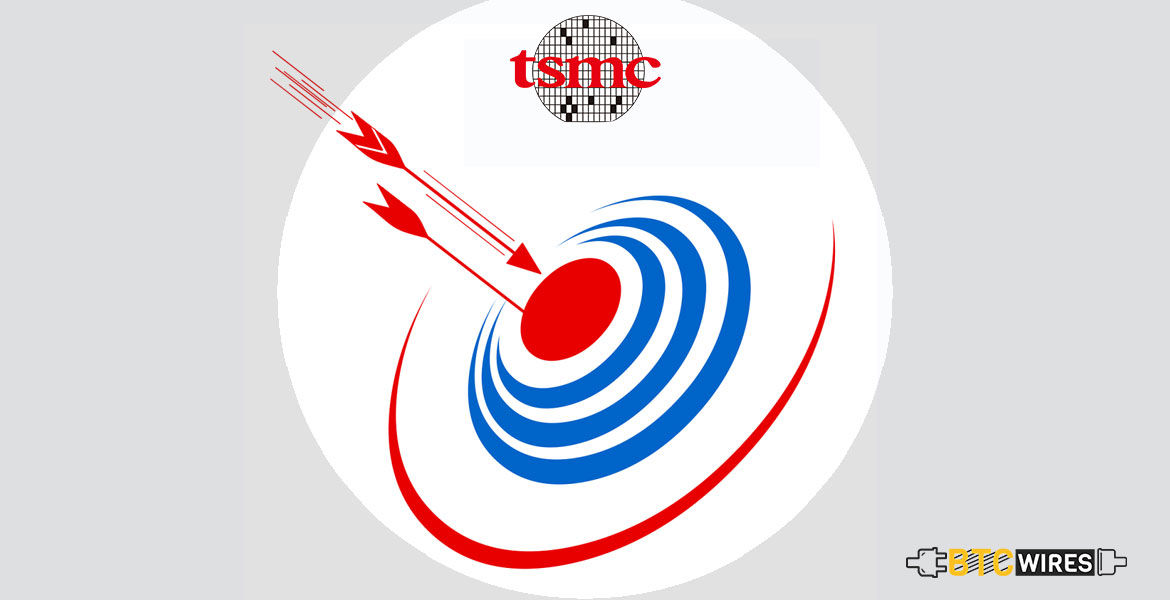The world’s largest contract chipmaker, Taiwan Semiconductor Manufacturing Co. (TSMC)

The world’s largest contract chipmaker, Taiwan Semiconductor Manufacturing Co. (TSMC) has trimmed its sale targets for the fourth quarter of 2018 because of the weakening demand of cryptocurrency mining devices.
TSMC is also known as Taiwan Semiconductor which is headquartered in Hsinchu, Taiwan. Taiwan Semiconductors was founded in 1987 by Morris Chang. TSMC is the world’s largest dedicated independent semiconductor foundry. Most of the leading fabless semiconductor companies such as Nvidia, Qualcomm, MediaTek, Advanced Micro Devices (AMD), Marvell and Broadcom Inc., are the clients of TSMC. Apple, the leading American multinational technology company, also keeps TSMC processors in iPhone and iPad. Because of the Sino-U.S. trade tension, the sale of TSMC is also decreasing.
At an investor, Taiwan Semiconductor said that its sale for the last quarter of 2018 is expected to grow at 6.5 per cent year-on-year (yoy); the earlier forecast for the same period was 7-9 per cent. The investor conference of TSMC was watched closely by the investors who were waiting for the results of company performance in the third quarter and sales forecast for the last quarter. In the third quarter, TSMC made the net profit of US$2.88 billion (NT$89.07 billion). The net profit of the third quarter is 23.3 per cent up from the previous quarter but down by 0.9% from the last year. Earnings per share for the third quarter is NT$3.44.
According to the analyst of Mega International Investment Services Corp., Alex Huang,
“The semiconductor industry, including TSMC, had appeared too upbeat about demand for cryptocurrency-related mining devices.”
Huang added that
“It turns out that the firm has to lower its sales guidance now due to the fast-changing market conditions.”
According to the senior vice president and Chief Financial Officer (CFO) of TSMC, Lora Ho the sales for the fourth quarter are expected to range between US$9.35 billion and US$9.45 billion. It is up about 10% from the third quarter. It is likely that in the last quarter there will be a fall in demand for mining devices which are used for crypto transactions. The company is expecting an increasing demand for high-end smartphones, artificial intelligence applications, and graphics processors which will offset the impact of crypto mining devices.
